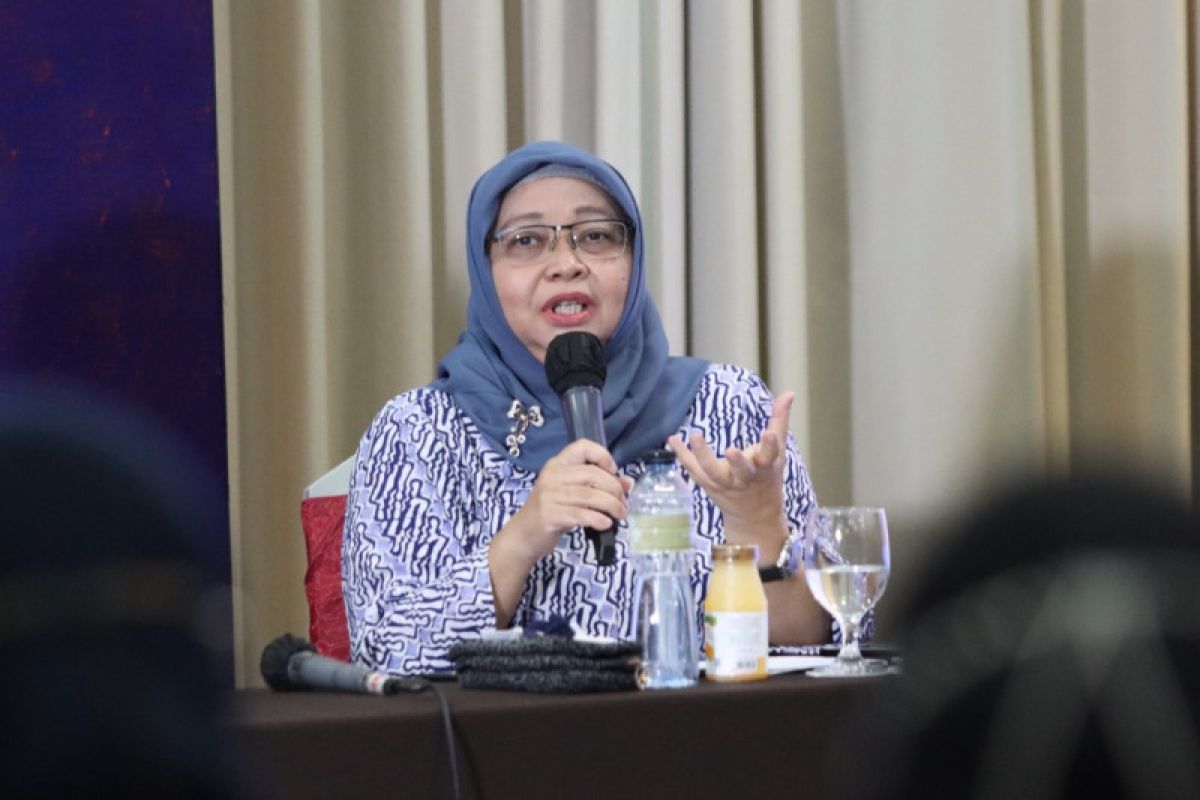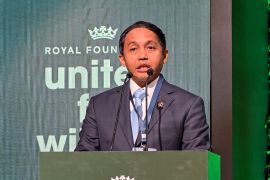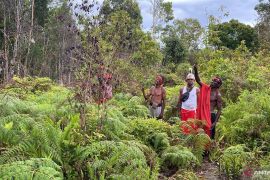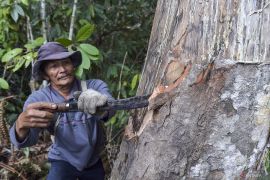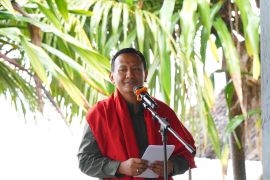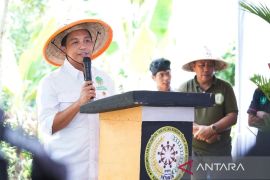“The progress in social forestry in (the period from) 2015 to 2019 showed that there is gender inequality in public forest management," assistant deputy of gender mainstreaming on social and cultural aspects at the ministry, Eko Novi Ariyanti, said at a Media Talk hosted here on Friday.
Women have much more limited access to land through social forestry compared to their male counterparts, she expounded.
She cited Katadata's 2020 survey, which showed that of the 103 social forestry businesses that the survey's respondents were involved in, 94 percent were from groups whose members and management boards were predominantly male.
Five percent of the respondents were from groups whose members and management boards were predominantly female; 1 percent of the respondents were from groups with a balanced representation of males and females in their structure.
"And sometimes, they were only given tasks when sowing and harvesting. Only that. None of the strategic positions," she highlighted.
Gender issues in agrarian reforms and social forestry are prevalent in the implementation of public forest management, which is still seeing little participation from women in forest management efforts, she noted.
"Not all members of society have the same opportunity and access to take part in forest management," Ariyanto added.
Moreover, social forestry tends to put men from the elite class at an advantage, thus allowing them to establish dominance in the management of forests.
Social norms and outlooks also affect women's participation in forestry management, or the lack thereof.
"Women tend to play the domestic role, (as a homemaker) in a household, whereas forest management is identical to the public domain, which is dominated by men," she added.
Related news: Ministry seeks to improve gender mainstreaming in social forestry
Related news: APEC to redouble efforts to tackle gender inequality in economy
Translator: Anita Permata Dewi, Mecca Yumna
Editor: Anton Santoso
Copyright © ANTARA 2023
